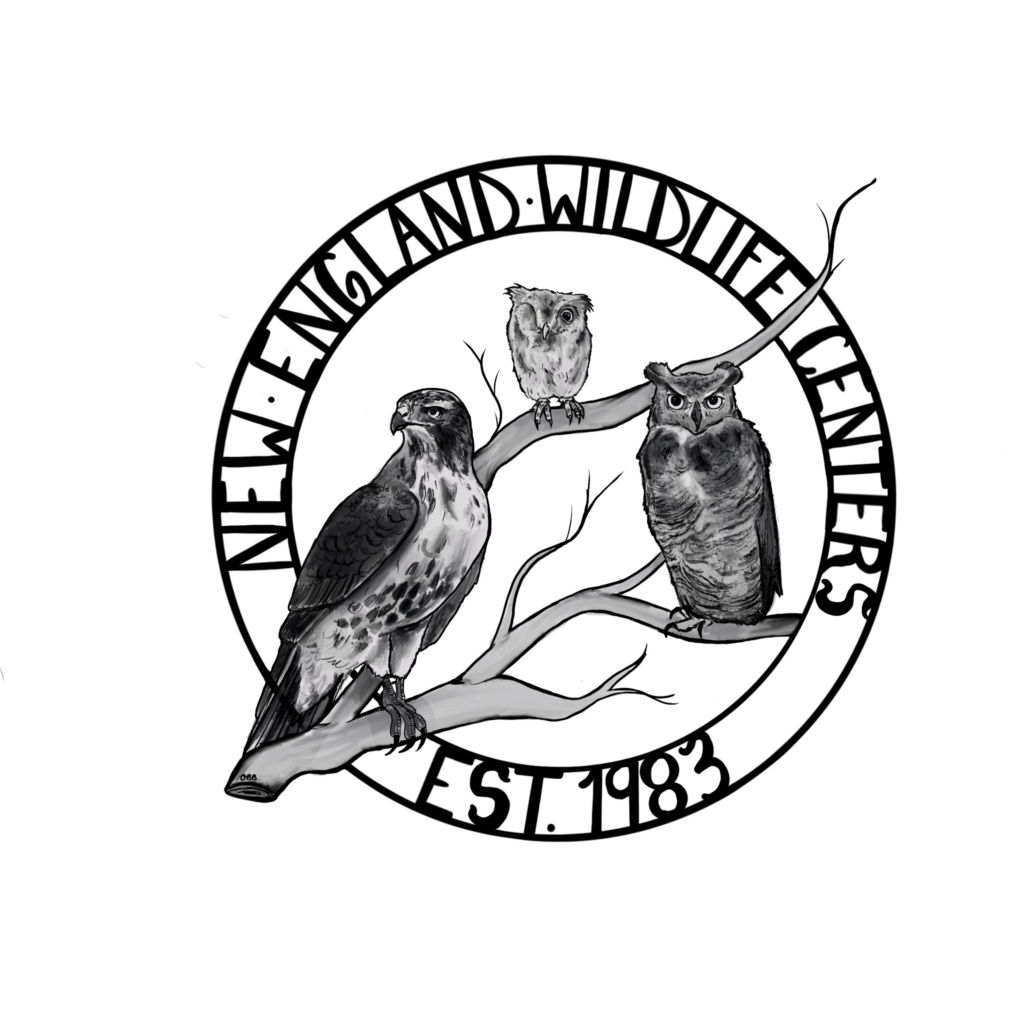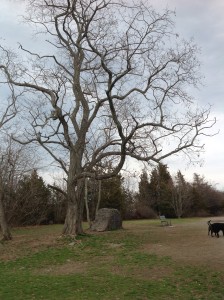Black locust (Robinia pseudoacacia):
Black locust grows in bright sunny dry soils. Without sun, it quickly dies, but does not go away. There is probably no other wood in New England that is as resistant to decay as black locust wood. It is so resistant that it can be submerged in water and mud as the posts for a bridge and dock and still be firm and supportive a hundred years later.
The leaves are poisonous to eat, but the flowers can be fried and eaten like fritters. The locust has thorns, so beware. They are strong, brittle and resist breakdown in the body. A broken thorn under the skin can last for years. For this reason it is best not to climb black locusts.
Because of its clear predilection for sunlight and its resistance to weathering, black locust becomes a useful plant for interpreting historic landscapes. If you find the remnants of a black locust tree in the woodland it is a clear signal that once years before that the area was once an open field.
Black Locust


